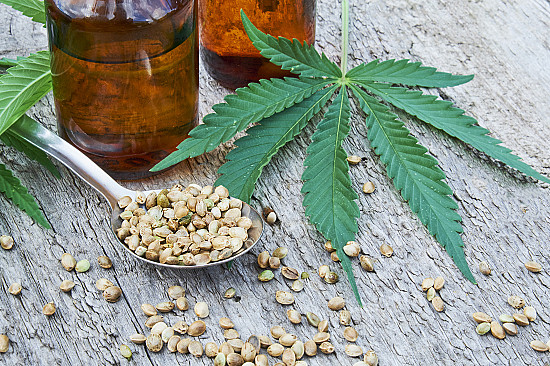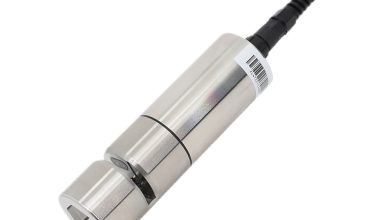Are There Any Medical Differences Between CBD and THC?

Most discussions of medical cannabis are framed in the context of marijuana and THC being used for medicinal purposes. But a proper understanding of medical cannabis’s impact on human health must include a good look at hemp and CBD too. It could be that CBD is just as medicinally beneficial as THC.
There are chemical and molecular differences between the two cannabinoids. That much we know for sure. So it stands to reason there would be medical differences between them as well. THC might be useful for some conditions and not others. Likewise for CBD. Rest assured that federal relaxation of the rules on marijuana research has opened the door to quite a bit of study.
Interaction With the Endocannabinoid System
Although we are not exactly sure of the mechanisms behind medical cannabis efficacy, most of what cannabinoids do in the human body is related to how they interact with a human endocannabinoid system. The endocannabinoid system influences a long list of biological functions and bodily systems.
Did you know that the human body produces its own cannabinoids naturally? They are endocannabinoids. Meanwhile, THC and CBD are known as phytocannabinoids because they occur naturally in plants. Yet they can still interact with the human endocannabinoid system.
CBD has no intoxicating effects on humans. THC does. That’s why there are always concerns of intoxication when a patient uses marijuana or a THC-infused medication. Limited research seems to show that combining THC and CBD can inhibit THC’s intoxicating effects.
Potential Benefits of Medical Cannabis
When it comes to drugs like antibiotics and hypertension medications, we have a mountain of clinical evidence we can look at pertaining to safety and efficacy. Not so with medical cannabis. Even though our cannabis body of knowledge is growing, it is still dwarfed by the knowledge we have of FDA approved medications.
As such, the potential benefits of medical cannabis are known as much by anecdotal evidence as its clinical counterpart. According to the operators of Salt Lake City’s Beehive Farmacy, those benefits include:
- Stress reduction
- Anxiety and insomnia relief
- Pain relief
- Nausea and vomiting relief
- Muscle spasm reduction
It should be noted that most of the benefits relating to nausea and vomiting pertain to cancer treatment. There is some limited evidence that medical cannabis can reduce general nausea not related to cancer.
Potential Side Effects of Medical Cannabis
The most pronounced medical difference in terms of side effects is intoxication. Once again, CBD has no psychoactive effects. THC does. The level of intoxication induced by a particular medical cannabis product depends on THC potency and how the drug is administered. It’s up to patients and their medical providers to determine whether or not intoxication should be part of the therapy.
In terms of other side effects, most people tolerate CBD well. However, known side effects include drowsiness, lightheadedness, dry mouth, nausea, and diarrhea. Until we know more about medical cannabis, experts recommend that it be avoided by patients already being treated for mental illness.
Treat It Like Any Other Drug
If you use medical cannabis, treat it like you would any other drug. It doesn’t matter whether you use CBD or THC medications. Understand that your medications can interact with one another in negative ways. Also note that medical cannabis can prevent other drugs from performing as intended.
If you ever have questions, Beehive Farmacy recommends you speak with your pharmacist. Pharmacists are uniquely qualified to feel questions due to their knowledge of the human endocannabinoid system. They know better than anyone else in healthcare how the body responds to cannabinoids.




